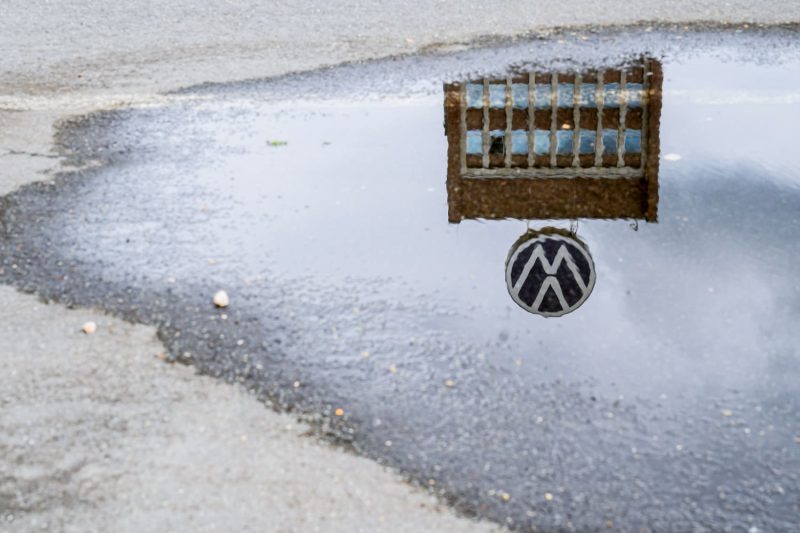
Volkswagen Gears Up for Showdown with Unions Amid Threat of German Plant Closures
The recent announcement by Volkswagen warning of possible German plant closures has sent shockwaves through the automotive industry and raised concerns about potential job losses and conflicts with labor unions. The clash between Volkswagen management and unions highlights the ongoing challenges faced by automakers in adapting to shifting market trends and the increasing pressure to invest in electric and autonomous vehicles.
Volkswagen, Europe’s largest carmaker, is facing a crucial moment as it navigates the transition to electric vehicles and strives to meet stringent emissions regulations. The company’s warning of potential plant closures comes as part of its efforts to streamline operations and boost efficiency amid mounting financial pressures and the need to reallocate resources towards green technologies.
The prospect of plant closures has sparked outrage among the unions representing Volkswagen’s workers, who view the move as a threat to their livelihoods and job security. Unions are key stakeholders in the German automotive industry, with a long tradition of defending workers’ rights and pushing for fair labor practices. The current standoff between Volkswagen and the unions underscores the complex dynamics at play in the industry as companies grapple with the need to cut costs while maintaining productive labor relations.
Volkswagen’s warning also reflects broader challenges facing the automotive sector, including the shift towards electric vehicles and the increasing competition from tech companies entering the market. As consumer preferences evolve and new technologies emerge, traditional automakers are under pressure to innovate and adapt to remain competitive in a rapidly changing landscape.
The standoff between Volkswagen and the unions serves as a crucial test for the company’s leadership as they seek to balance the need for cost-cutting measures with the demands of workers and the broader societal impact of potential plant closures. The outcome of this showdown will likely have far-reaching implications for Volkswagen’s future strategy and the overall direction of the automotive industry in Germany and beyond.
Ultimately, the clash between Volkswagen and the unions underscores the urgent need for stakeholders to come together to find solutions that ensure the sustainability of the automotive sector while safeguarding the interests of workers and the broader community. Only through collaboration and open dialogue can automakers, unions, and policymakers address the challenges facing the industry and chart a path towards a more sustainable and competitive future.
